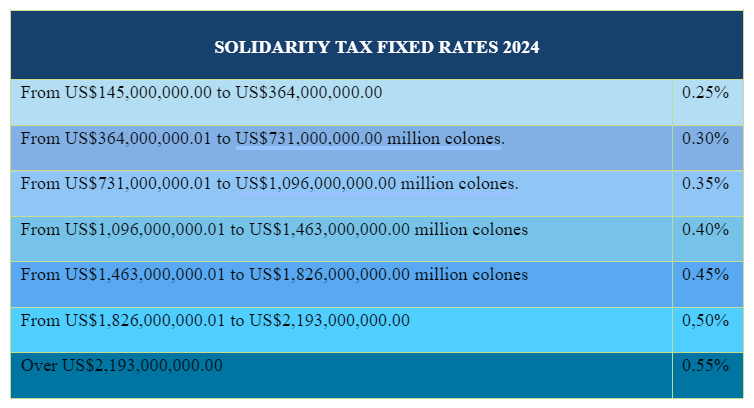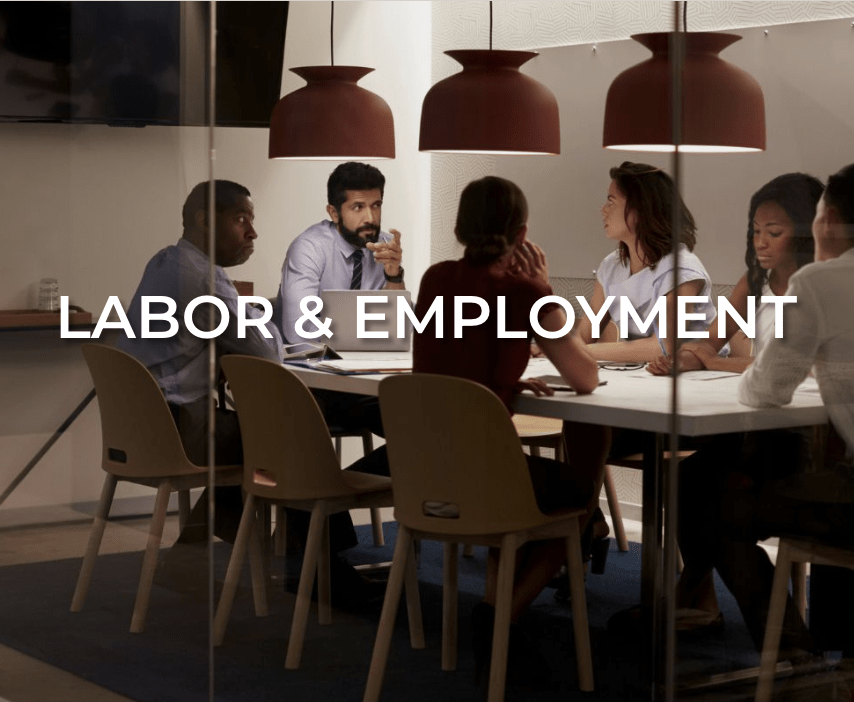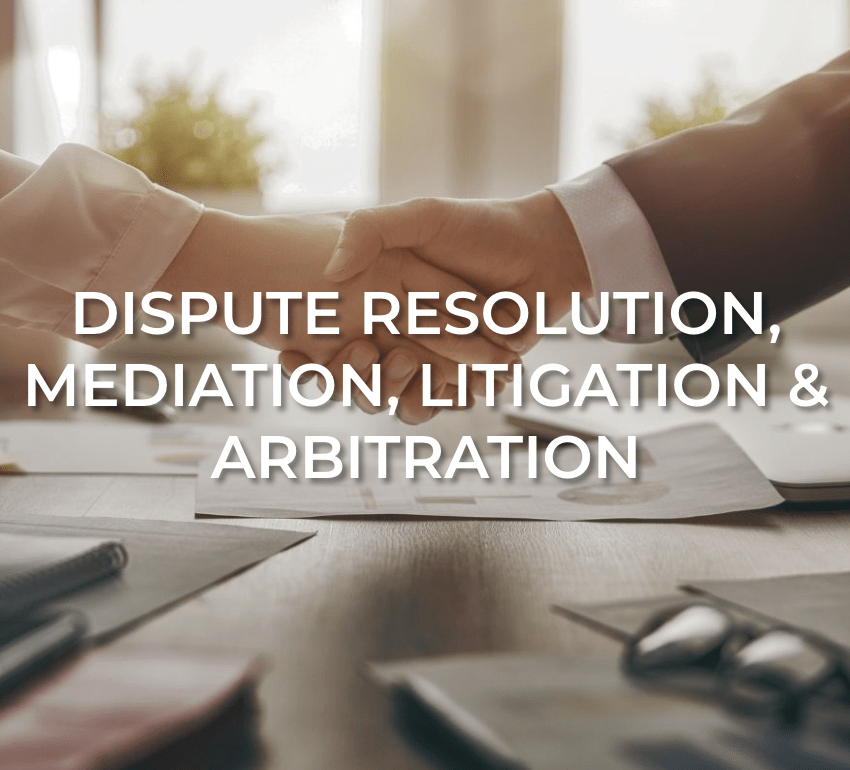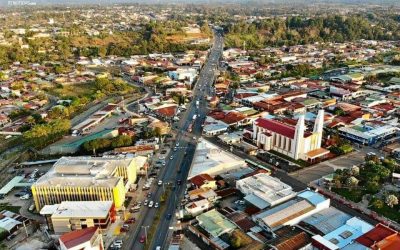

Luxury Tax In Costa Rica: Key Points Expats Need To Understand
by Quatro Legal Real Estate Team | Feb. 29, 2024 | Article, Real Estate

Many conversations with our clients start with the ugly subject of taxes (yes, I don’t like paying taxes and I presume readers don’t either, so the kind word I will use is “ugly”) and how it could impact their real estate investment. Every time this happens, we explain to clients that luxury tax in Costa Rica is not as expensive as it is in the United States and Canada, and its real name is the solidarity tax, as this tax is used for a noble cause. Below are the basic questions to understand this matter.
What is the luxury tax?
All properties are subject to property taxes in Costa Rica, and all owners must pay them without exception, as the trigger for the tax is owning property. However, there are other taxes that are paid in accordance with the type of property that is owned. For example, the solidarity or luxury tax.
The “Solidarity Tax for the Strengthening of Housing Programs” or simply “solidarity tax” or the “tax on luxury homes” was enacted by Law 8683. It is an annual tax applicable to residential properties that are used habitually, occasionally, or recreationally. So yes, this tax is applicable regardless of whether the owner will only use it a couple of weeks per year or if it will be at Airbnb. The tax aims to finance dignified housing for the population living in extreme poverty.
Who is subject to this luxury tax?
Owners of residential properties (including concessionaires, permit holders and occupants of the maritime zone land and of any other real estate granted by the State).
To calculate the luxury tax owed, taxpayers must know the value of the main house by running a technical appraisal. A common mistake is to use as reference the purchase price. Law 8683 establishes different tax percentages over fixed amounts, which are updated periodically by an Executive Decree. Therefore, and in accordance with the last amendment, in 2024, all owners of homes with a main construction value starting at ¢145,000,000.00 (about US$281,555.00 with an exchange rate of ¢515,17 per US$1) are subject to payment luxury tax. Due to the above, this tax does not apply to vacant lots.
If the house’s technical value is above US$281,555.00, the taxpayer must then add the value of the land, the accessories (ranches, pools, sports fields, walls, interior streets), and the condominium´s common land to the final amount. This final value is the amount that needs to be taken into consideration to confirm the percentage that will be applicable and, consequently, the amount that will be paid to the tax agency.

When is the luxury tax payment due?
The tax payment is due on the 15th of January of every year. If the tax is not paid, a fine can be applied.
How do I know if my property is subject to the Solidarity Tax?
To know if your property is subject to luxury tax, an appraisal needs to be done by an engineer or architect. The engineer will do an inspection of the property and will take into consideration the Tax Agency guidelines and regulations. A complete appraisal must include the value of the main constructions, accessories, land value, and condominium common areas, if applicable. It is important to avoid accountants, lawyers, real estate agents or any other non-qualified professional that performs this appraisal service as there are technical rules and professional training that is required for this task.
If my property market value is above ₡145,000,000.00 million colones, will my property be subject to luxury tax?
The luxury tax is very different from the market value. The luxury tax is based just on the construction of the house. Items like construction materials and how old a property is are taken into consideration on the appraisal. The market value is based not only on the construction but also on the location of the property, amenities, market behavior, the area of the land, and if it has an ocean view, to name a few. Therefore, a homeowner shouldn´t be worried if the appraisal of the construction is much less than the market value. This is due to the guidelines that the Tax Agency takes into consideration when considering a property subject or not to this tax.
In conclusion, paying taxes is ugly, but being fine for not paying them is worst, so in order to avoid this, inform yourself, conduct the corresponding studies, and always seek the assistance of a professional in these matters.
If you found this information useful or need further guidance, feel free to reach out to Maria Fernanda Baudrit at mbp@quatro.legal
Disclaimer: The information provided in this blog post is for general informational purposes only and is not intended to constitute legal advice. While we strive to ensure the accuracy and timeliness of the content, laws and regulations are subject to change. For the most accurate and up-to-date information, please contact our office directly. Some images may be AI generated.
Get To Know Quatro Legal

We’re bringing empathy and excellence back to legal counseling. Quatro Legal is built on a bedrock of kindness, a passion for service, and a commitment to guiding you through your legal challenges with ease.
OUR SERVICES
EXPLORE BY
category
REAL
ESTATE
CORPORATE
COSTA RICA
LIFESTYLE
LABOR & EMPLOYMENT
CLIENT
TESTIMONIALS
FREE TRADE
REGIME
All Rights Reserved 2023 | Privacy












